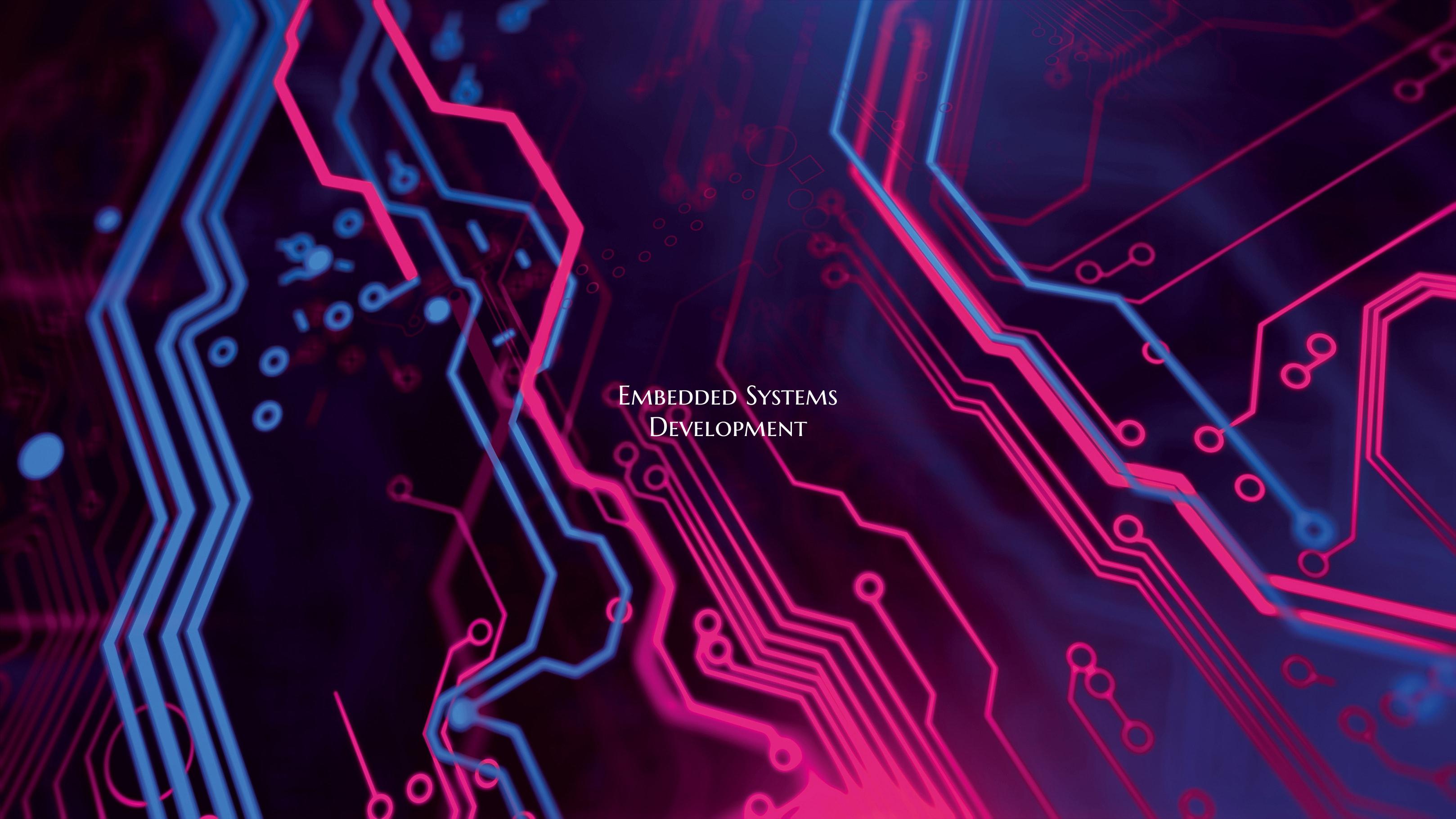Embedded Systems Development
Embedded systems development is a specialized field that involves designing, implementing, and testing embedded systems, which are computing devices that are dedicated to specific tasks within larger systems or products. These systems are found in a wide range of devices and applications, including home appliances, automotive systems, medical devices, industrial equipment, and more.
One of the key aspects of embedded systems development is the need to work within the constraints of the target hardware platform, such as limited processing power, memory, and energy efficiency requirements. This requires developers to optimize their code and utilize resources efficiently to meet the system's performance requirements.
Developers of embedded systems often work closely with hardware engineers to ensure that the software is compatible with the underlying hardware and can interact with peripherals and sensors effectively. They may also need to consider real-time requirements, ensuring that the system can respond to events and inputs within specific timing constraints.
In addition to technical skills, embedded systems developers must have a strong understanding of the application domain in which they are working. This includes knowledge of the industry standards, regulations, and best practices that may apply to the specific embedded system being developed.
Overall, embedded systems development is a challenging but rewarding field that requires a combination of technical expertise, problem-solving skills, and a deep understanding of both hardware and software systems. As technology continues to advance, the demand for skilled embedded systems developers is expected to grow, making it an exciting area for aspiring engineers and developers to explore.

